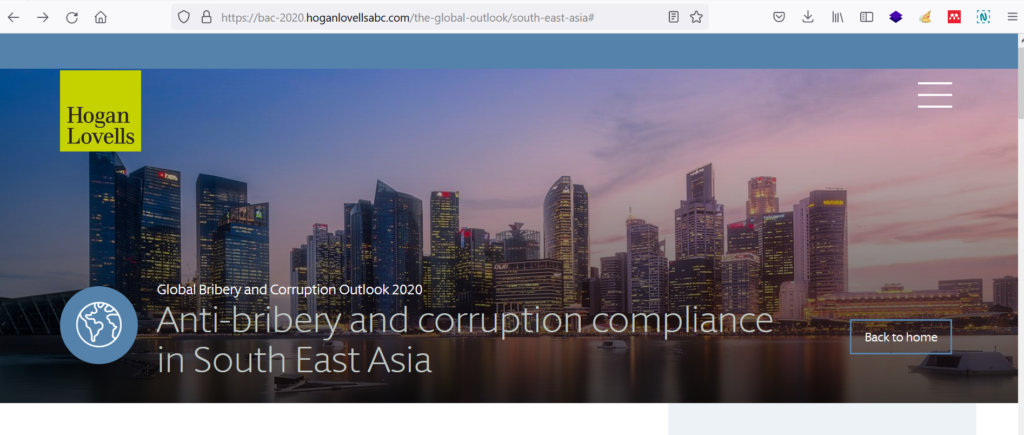You can no longer rely solely on the tone from the top to ensure anti-bribery and corruption compliance in South East Asia. You need to get to the root of the problem: culture. And you need to understand the complexity and diversity of South East Asian countries.
Anti-corruption watchdogs in the region are gearing up to catch companies that get up to no good. Governments have enacted new laws, and they won’t stop there. Until now, their sights had been set on individuals. Take Vietnam, Malaysia, and Indonesia, for example.
In Vietnam, the Anti-Corruption Law (Law No. 36/2018/QH14) came into force on 15 August 2019. It was issued alongside a new Anti-Corruption Implementing Regulation (Decree No. 59/2019/ND-CP). Non-state enterprises that rely on public capital – e.g., publicly held companies and credit institutions, as well as social charity organizations established by a competent state authority – are now required to implement anti-corruption policies. They’re also subject to investigation by government inspectorates to ensure compliance.
